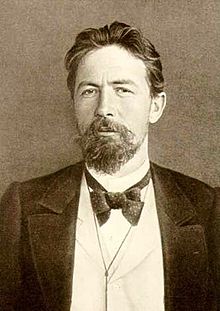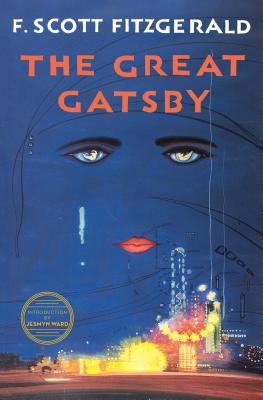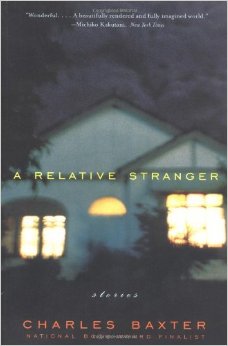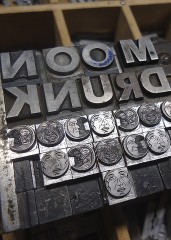Oddly Familiar: Strangeness as Illumination (Part I: Chekhov)
by Christina Ward-Niven
From the Archives: “By allowing strangeness into our familiar landscapes, we can surprise the reader into pausing, paying attention, and possibly recognizing some kind of familiar human truth in a new, illuminating way”: Christina Ward-Niven on odd narrative events in Chekhov.





























